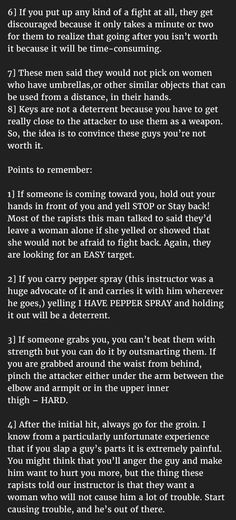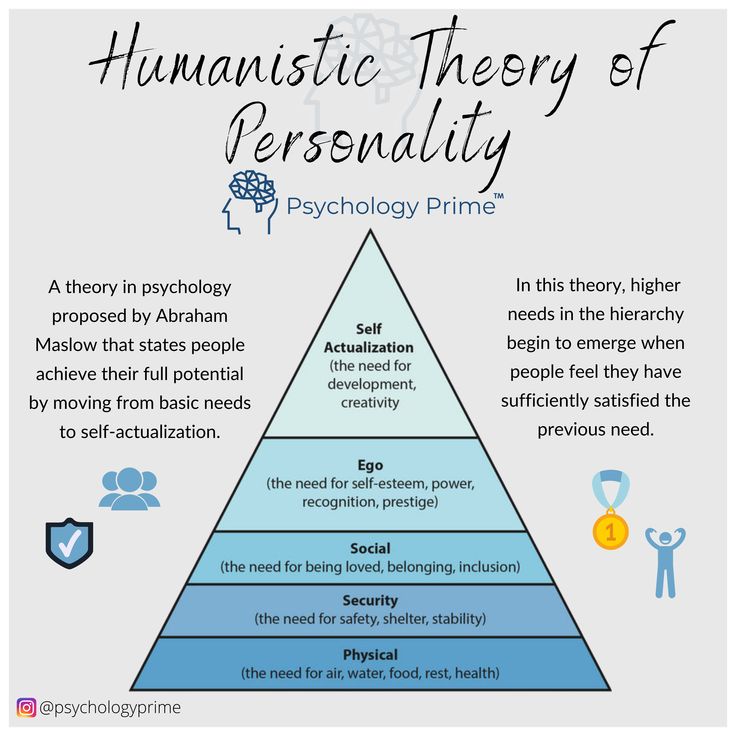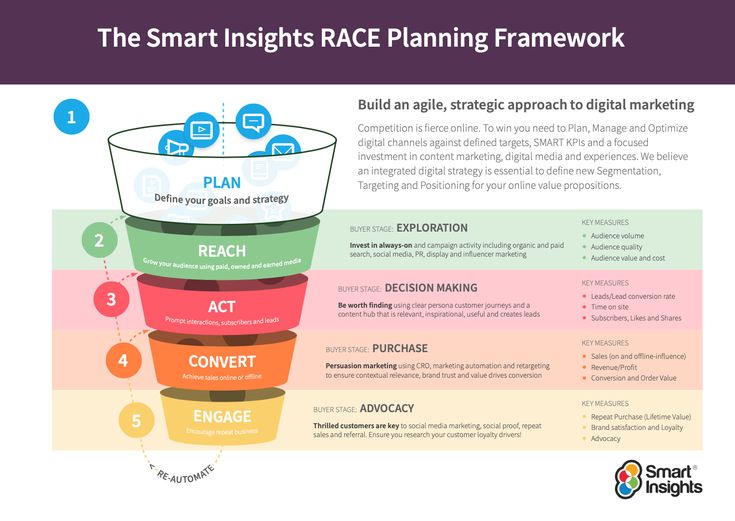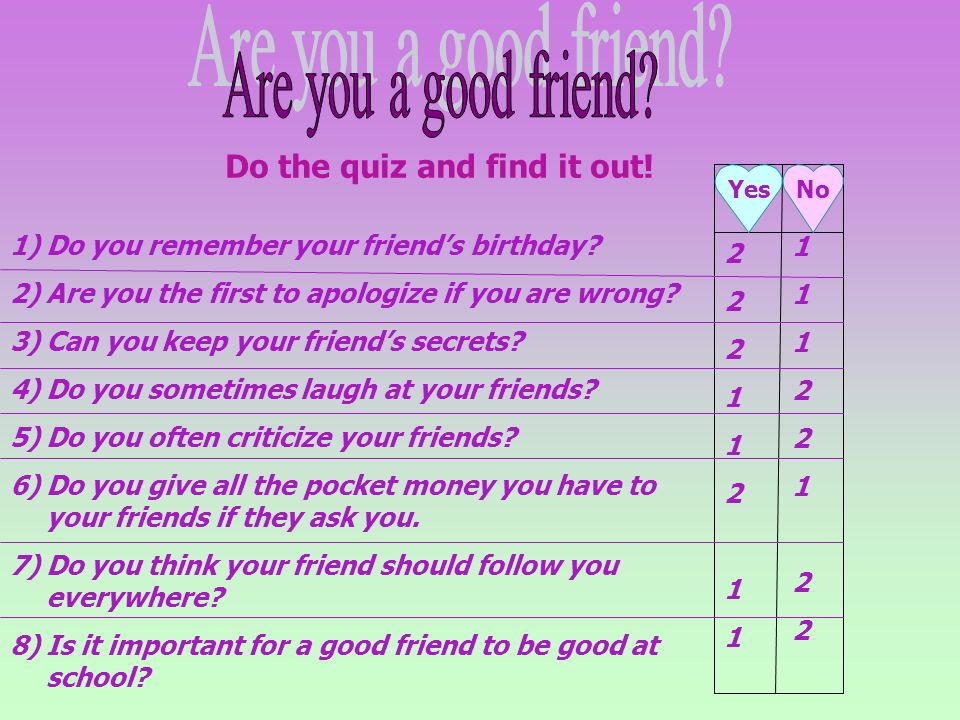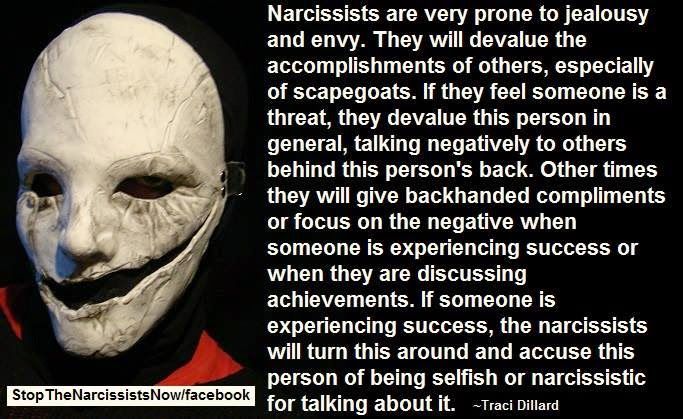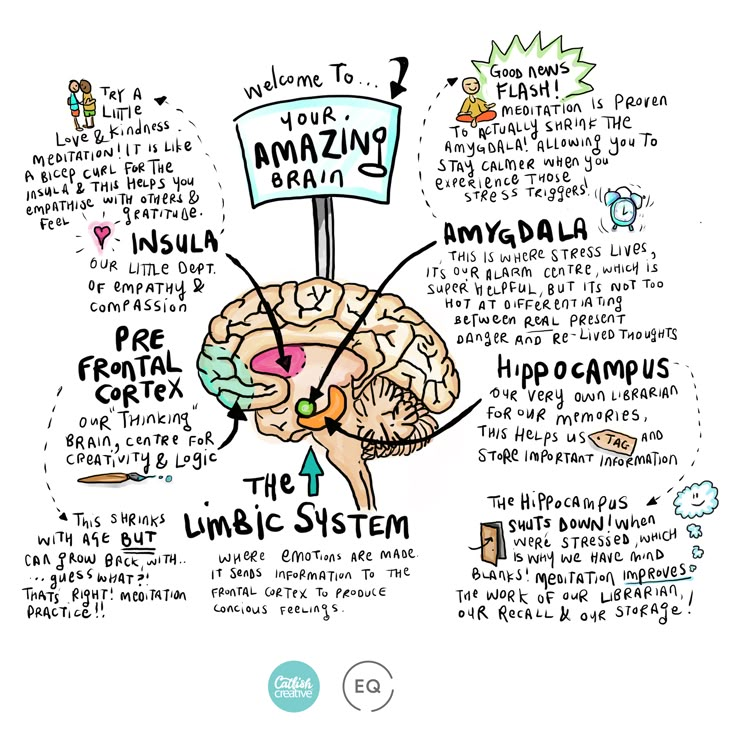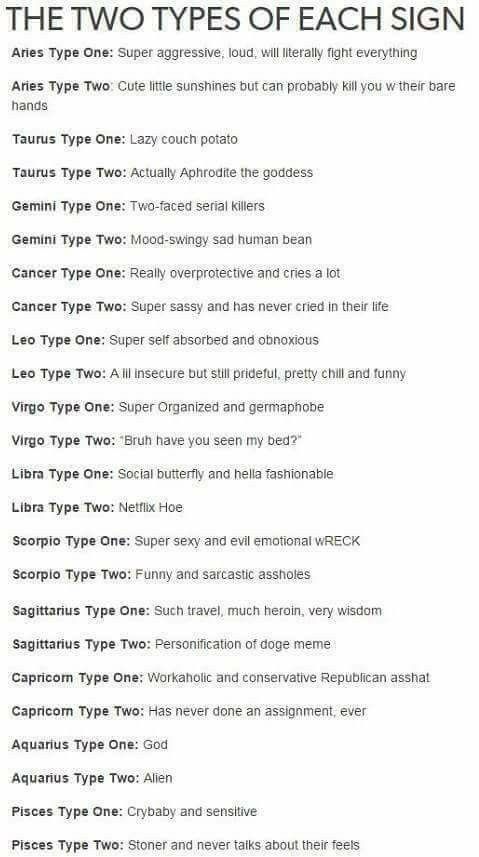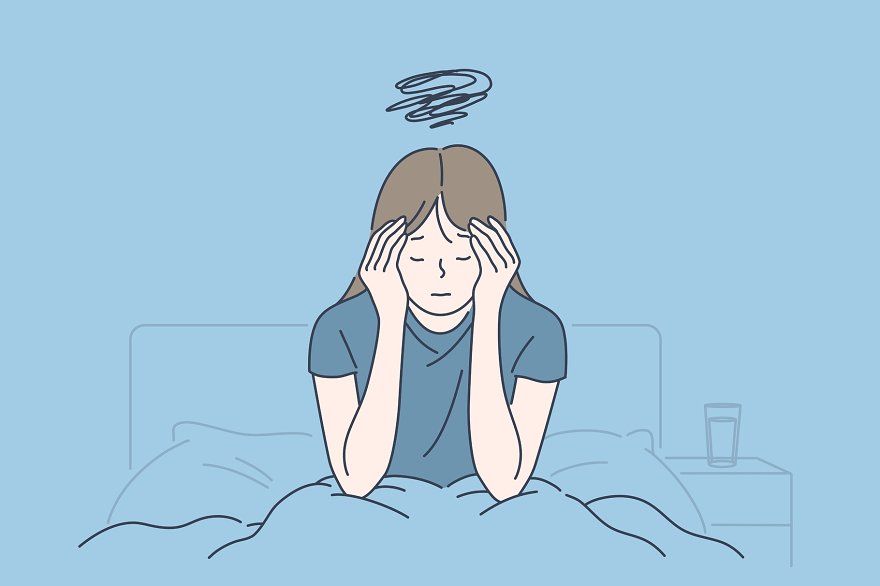Anxiety relief song
Neuroscience Says Listening to This Song Reduces Anxiety by Up to 65 Percent
Feb 21, 2019 | Uncategorized | 0 comments
Neuroscience Says Listening to this Song Reduces Anxiety by up to 65%
Anxiety — that feeling of dread, fear, worry and panic — is certainly nothing new. Hippocrates wrote about it in the fourth century BCE. As did Søren Kierkegaard in the 1860s. And Sigmund Freud addressed the disorder in 1926. However, jump to the present and we’re seeing a significant uptick — especially with youth.
Pharmaceutical drugs tend to be the classic treatment for treating anxiety. Cognitive therapy is a common approach as well. Those with a holistic bent often turn to meditation, yoga, massage and other relaxation techniques. Music therapy has also been used with some success. But now neuroscientists in the U.K. have zeroed in on a single song that results in a dramatic 65 percent reduction in overall anxiety…
Anxiety and Generation Y
A 2013 survey found that 57 percent of American female university students reported episodes of “overwhelming anxiety. ” And in the United Kingdom, the charity YouthNet discovered a third of young women — and one in ten young men — suffer from panic attacks.
Marjorie Wallace, CEO of the charity Sane, believes that Generation Y (those born in the 1980s and 1990s) is the age of desperation. “Growing up has always been difficult, but this sense of desperation? That’s new,” she says.
So, what’s going on? The rise of technology, overly-protective parenting, and “exam-factory” schooling are among the reasons psychologists suggest for our generational angst. Another brought up on multiple occasions by my peers and by psychologists I spoke to, is the luxury (as ungrateful as it sounds) of too much choice.
Rachael Dove
Anxiety: the epidemic sweeping through Generation Y
Pieter Kruger, a London-based psychologist, says research indicates that people who feel they don’t have a choice are actually more resilient — mainly because they can blame life or others if they make a wrong decision. However, if you have a range of choices, you have no one to blame but yourself. “We become much more obsessive because we want to make the right decision every time,” he says.
However, if you have a range of choices, you have no one to blame but yourself. “We become much more obsessive because we want to make the right decision every time,” he says.
I spend a lot of time worrying about what I am going to do with my life. Previous generations had the choice taken out of their hands. If you are told what to do it takes the pressure away.
Claire Eastham
Blog - We Are All Mad Here
In our modern era, decision making can trigger a type of paralysis. Often, we will obsessively research the many different options for, say, a pair of shoes. Eventually, information overload will kick in and shut the whole shopping venture down, leaving us exhausted and guilty for being crippled by such a seemingly simple task.
Technology also contributes to the rise of anxiety. A good number of millennials feel exposed without their smartphones — and are rarely without them. Mobile gadgets tend to be their window to the world and foster a sense of connectedness. But there’s a dark side to feeling the need to keep on top of what everyone is doing on social media — otherwise known as Fomo, or the Fear of Missing Out. “Fomo is very real and can be a constant addiction that affects anxiety levels and a general sense of wellbeing,” says Kruger.
But there’s a dark side to feeling the need to keep on top of what everyone is doing on social media — otherwise known as Fomo, or the Fear of Missing Out. “Fomo is very real and can be a constant addiction that affects anxiety levels and a general sense of wellbeing,” says Kruger.
Social media allows us to compare everything — relationships, diet, figure, beauty, wealth, standard of living — not only with our friends, but with celebrities too. And, as research has shown, time on social media “can cause depression in people who compare themselves with others.”
Besides revamping our lifestyles and limiting exposure to social media — and learning to work with a sometimes overwhelming abundance of choice — neuroscientists have found listening to a specially designed song can have a profound influence over our levels of anxiety.
The Creation of the Ultimate Anti-Stress Music
Researchers at Mindlab International in the U.K. wanted to know what kind of music induces the greatest state of relaxation.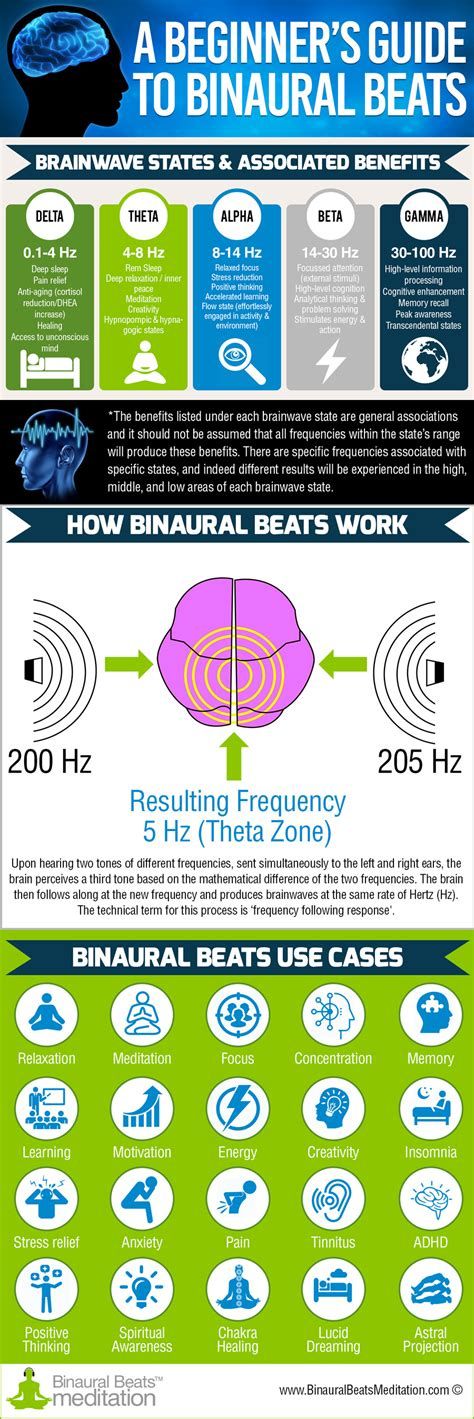 The study involved having participants try to solve difficult puzzles — which inherently triggered a certain degree of stress — while connected to sensors. At the same time, participants listened to a range of songs as researchers measured their brain activity, heart rate, blood pressure and rate of breathing.
The study involved having participants try to solve difficult puzzles — which inherently triggered a certain degree of stress — while connected to sensors. At the same time, participants listened to a range of songs as researchers measured their brain activity, heart rate, blood pressure and rate of breathing.
What they found is that one song — “Weightless” — resulted in a striking 65 percent reduction in participants’ overall anxiety, and a 35 percent reduction in their usual physiological resting rates.
Interestingly, the song was specifically designed to induce this highly relaxed state. Created by Marconi Union, the musicians teamed up with sound therapists to carefully arrange harmonies, rhythms and bass lines, which in turn slow a listener’s heart rate and blood pressure, while also lowering stress hormones like cortisol.
In fact, the music is so effective, that many of the female participants became drowsy — to the point where lead researcher Dr. David Lewis-Hodgson advises against listening to it while driving.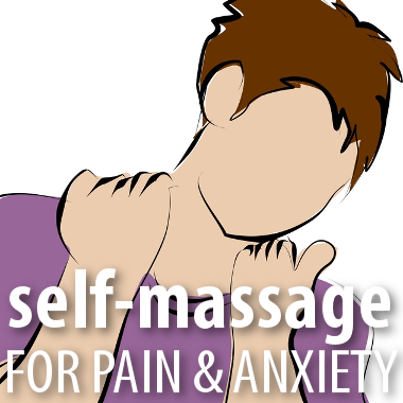
Playlist via YouTube:
10. “We Can Fly,” by Rue du Soleil (Café Del Mar)
9. “Canzonetta Sull’aria,” by Mozart
8. “Someone Like You,” by Adele
7. “Pure Shores,” by All Saints
6. “Please Don’t Go,” by Barcelona
5. “Strawberry Swing,” by Coldplay
4. “Watermark,” by Enya
3. “Mellomaniac (Chill Out Mix),” by DJ Shah
2. “Electra,” by Airstream
1. “Weightless,” by Marconi Union
Click on below for the free 10-hour version of “Weightless” if you want a longer listening experience.
Music to Calm Anxiety and the Most Relaxing Song On Earth
HERE IS A PLAYLIST OF THE 10 SONGS FOUND TO BE THE BEST MUSIC TO CALM ANXIETY, INCLUDING ONE WHERE SCIENTISTS WITNESSED A 65% REDUCTION IN PARTICIPANTS’ OVERALL ANXIETY, AND STRESS.

Each and every one of us have tried at last a few different techniques to combat stress or anxiety in our lives. It’s not only helpful with making you feel better overall, but finding ways to manage stress levels is important for your health too.
Thanks to modern research, we now know the harmful effects of stress on the body. Stress causes chemicals like cortisol to be released, and increases serious health risks like heart disease, obesity, depression, digestive problems, asthma, and many others. Additionally, there was a recent paper published out of Harvard and Stanford that discovered something rather troubling- “health issues from job stress alone cause more deaths than diabetes, Alzheimer’s, or influenza.”
So what’s the best way to take some of the pressure off? Dr. David Lewis-Hodgson of Mindlab International says we should listen to music- more specifically, one special song.
A team of neuroscientists, which Dr. Lewis-Hodgson lead, conducted a study on sound therapy. Participants had to attempt to solve puzzles, which induced stress, with sensors attached to their bodies. They then had to listen to different songs while researchers measured and recorded their heart rate, breathing, and blood pressure.
Participants had to attempt to solve puzzles, which induced stress, with sensors attached to their bodies. They then had to listen to different songs while researchers measured and recorded their heart rate, breathing, and blood pressure.
ONE SONG STOOD OUT AMONG THE REST.
Weightless by Marconi Union was found to reduce levels of stress and anxiety by a whopping 65 percent, and produced a greater state of relaxation than any other music tested to date.
“‘Weightless’ was so effective, many women became drowsy and I would advise against driving while listening to the song because it could be dangerous,” said Dr. David Lewis-Hodgson.
What’s truly incredible is that Weightless was designed to do exactly that- reduce stress. Marconi Union, the group behind the song, worked together with sound therapists to create carefully arranged harmonies, rhythms, and bass lines, all for one purpose- to slow the listener’s “heart rate, reduce blood pressure and lower levels of the stress hormone cortisol.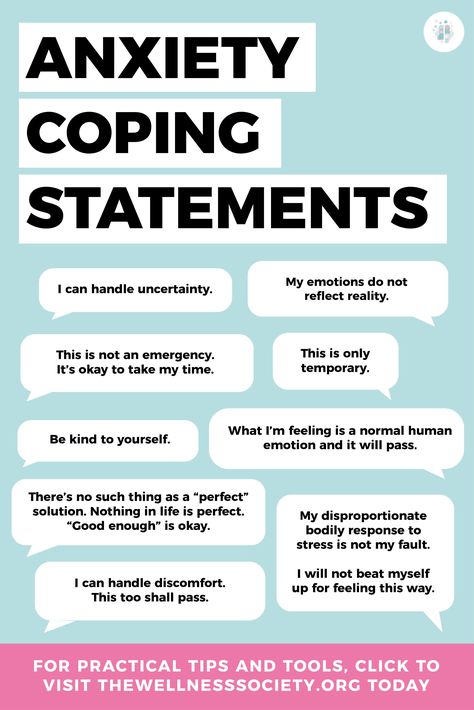 ”
”
THE COMPLETE LIST OF THE TOP TEN SONGS TO LISTEN TO WHEN YOU WANT TO REDUCE STRESS AND ANXIETY CAN BE FOUND BELOW, AND WE’VE EVEN INCLUDED A PLAYLIST WITH ALL OF THEM TOGETHER.
10. “We Can Fly,” by Rue du Soleil (Café Del Mar)
9. “Canzonetta Sull’aria,” by Mozart
8. “Someone Like You,” by Adele
7. “Pure Shores,” by All Saints
6. “Please Don’t Go,” by Barcelona
5. “Strawberry Swing,” by Coldplay
4. “Watermark,” by Enya
3. “Mellomaniac (Chill Out Mix),” by DJ Shah
2. “Electra,” by Airstream
1. “Weightless,” by Marconi Union
REMEMBER NOT TO LISTEN TO THIS WHILE DRIVING, OR DOING ANYTHING THAT COULD RESULT IN INJURY WITHOUT COMPLETE FOCUS.
Keep in mind, in order for stress to go away, you have to stop giving it so much attention. If you listen to these songs and are constantly thinking “This isn’t working,” or “I still feel stressed,” then they probably aren’t going to work as well for you. Take a breath, and just enjoy the music.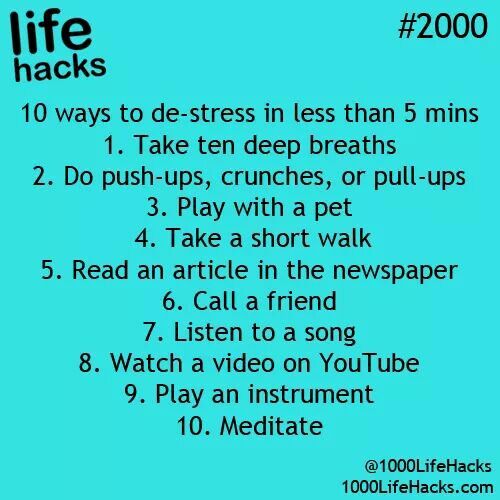
By Raven Fon Retrieved from http://unisoultheory.com/index.php/2016/12/30/relaxing-song-reduces-anxiety-stress/
Neuroscientists have discovered a song that reduces anxiety by 65%
In North America, anxiety is a leading mental health problem. Anxiety is a really complex disorder, accompanied by panic attacks, fear, and excessive worry.
Statistics show that 30 percent of people aged 18-54 suffer from anxiety disorders. Half of students struggle with anxiety, and 41 percent of employees suffer from anxiety.
Anxious people are 3-5 times more likely to visit a doctor and 6 times more likely to be admitted to psychiatric hospitals than people who do not suffer from this disorder.
Nowadays, the fast paced modern lifestyle has caused daily stress and people are constantly in a hurry, so they have become more susceptible to anxiety. Moreover, society tends to judge your every move, and we suffer from chronic self-esteem.
This resulted in over 65% of Americans taking medication daily and 43% taking prescriptions to improve their mood. In addition, counseling is the second main way to treat anxiety.
Meditation, massage and yoga are other effective strategies for controlling the symptoms of this disorder.
Scientists have found that music therapy is extremely effective in reducing anxiety, and neuroscientists and sound engineers have found a song that relaxes listeners more than any other song and reduces anxiety by 65 percent. This is the song "Weightless" by the group "Marconi Union".
This song has been found to lower blood pressure, lower heart rate and reduce stress.
In addition, there are 6 natural ways to get rid of anxiety:
Exercise
Regular exercise stimulates the release of the happy hormone, endorphin. Moreover, increased body heat improves mood and cognitive function.
Omega 3
Consumption of omega-3 fatty acids relieves anxiety symptoms, improves mood, and lowers adrenaline and cortisol levels. Therefore, in case of anxiety, increase the consumption of walnuts, flaxseeds, tuna and salmon.
Eat L-lysine
L-lysine is an amino acid that is part of the neurotransmitters in the brain. Studies have shown that L-lysine supplements lead to a reduction in stress and anxiety symptoms. You should be consuming more meat, fish, and beans or taking supplements to optimize your body levels.
Walking
Walking for at least 15 minutes daily has been found to reduce anxiety, and exposure to sunlight naturally increases your body's vitamin D levels, which treats symptoms of anxiety and depression.
No caffeine
Caffeine leads to higher energy levels, which can make you anxious, so make sure you replace caffeinated drinks with decaffeinated drinks or green tea, which is very good for your health.
Chamomile tea
Chamomile tea contains two chemicals, apigenin and luteolin, which relax the body. One study found that generalized anxiety disorder patients who took chamomile supplements for 8 weeks felt much better than those who received a placebo.
Remember, however difficult it may be, you are the only one who can control your anxiety. Try to calm down and not panic, so as not to aggravate the situation.
Subscribe to Grodno 24 at Zen News and our channel at Zen
How to deal with anxiety: ways to get rid of stress and fear
How to identify anxiety
Sometimes we get so used to the constant state of anxiety that we stop noticing it and take it for granted. Symptoms of anxiety mainly depend on the nature of a particular person. All people react differently to stressful situations. But two large groups of symptoms can be distinguished:
-
Physical.
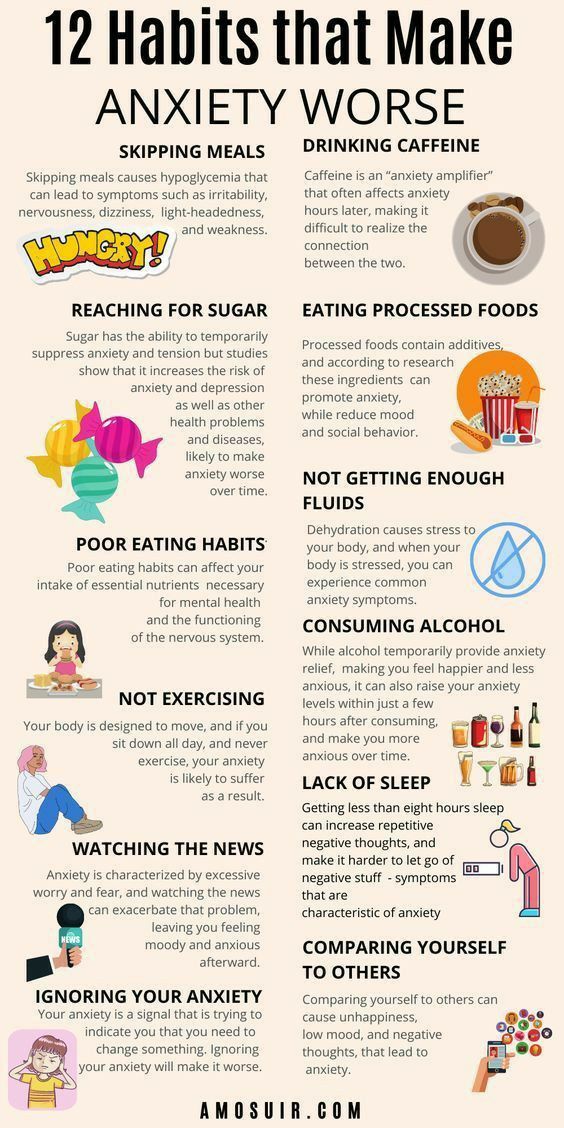 A person's state of health changes, his hands begin to shake, his pulse accelerates. This condition often appears immediately after a situation that caused anxiety: the loss of a loved one, the breakup of a relationship, dismissal. It becomes difficult to fall asleep, there is a constant weakness, headaches appear. Before an important exam or surgery, a person may constantly want to go to the toilet. Often there is a "bear disease" - sudden diarrhea.
A person's state of health changes, his hands begin to shake, his pulse accelerates. This condition often appears immediately after a situation that caused anxiety: the loss of a loved one, the breakup of a relationship, dismissal. It becomes difficult to fall asleep, there is a constant weakness, headaches appear. Before an important exam or surgery, a person may constantly want to go to the toilet. Often there is a "bear disease" - sudden diarrhea. -
Emotional. In addition to physical manifestations, a person feels morally ill. He is either very agitated and cannot sit still, or depressed, feels depressed and unable to do his usual things. There is constant anxiety, a panic attack may begin. It is very difficult to switch and stop thinking about the problem. It looks like something terrible is about to happen.
Emotional and sensitive people show more symptoms. They feel physically unwell and have a hard time coping with feelings of anxiety. A person does not always sensibly assess the situation and may not understand that he needs help. Manifestations of anxiety are often mistaken for health problems or ordinary overwork.
Manifestations of anxiety are often mistaken for health problems or ordinary overwork.
Causes of increased anxiety in an adult
Anxiety appears due to one or more factors: diseases of the endocrine system, drug addiction, alcohol abuse, constant lack of sleep, a side effect of certain medications, stressful situations, post-traumatic disorder.
Also, the reasons often lie in the characteristics of the character - emotionality, excessive susceptibility, perfectionism. A person attaches too much importance to trifles, tries to bring everything to perfection and sets the bar too high for himself.
Mini-survey
Have any new types of dirt/stains appeared on your clothes during the self-isolation regime?
Yes, I had to deal with new types of spots
0%
There were few new types of spots
0%
No, there were no new types of spots
0%
0 Voice (-ov)
Types of anxiety
The following types of anxiety disorders are widespread:
-
Obsession-compulsive-an obsessive state constant anxiety.
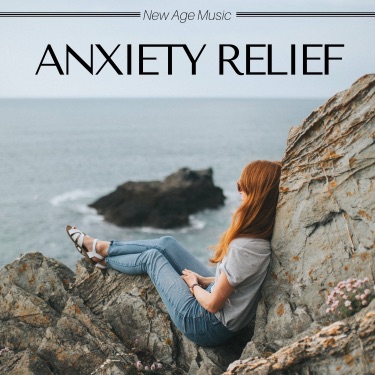 At the initial stage, a person constantly worries about his safety. He checks several times whether the iron is turned off, whether the front door is closed, etc. Self-distrust appears: “Have I really set the apartment on the alarm?”. The condition is so obsessive that it is impossible to do anything until you check yourself several times.
At the initial stage, a person constantly worries about his safety. He checks several times whether the iron is turned off, whether the front door is closed, etc. Self-distrust appears: “Have I really set the apartment on the alarm?”. The condition is so obsessive that it is impossible to do anything until you check yourself several times. -
Phobia - constant anxiety about mundane and harmless things that do not cause a serious threat: confined space, fear of the street, certain situations, etc. A person tries to avoid meeting with the object of his anxiety, because of this he worries and brings himself to a state of panic.
-
Anxiety-depressive disorder (neurosis) — this type of anxiety is very common among modern people. In parallel, signs of depression and normal anxiety appear, as well as health problems - a feeling of a lump in the throat, frequent urination, tremors of the limbs, dizziness, etc.
-
Generalized anxiety disorder - anxiety for no apparent reason.
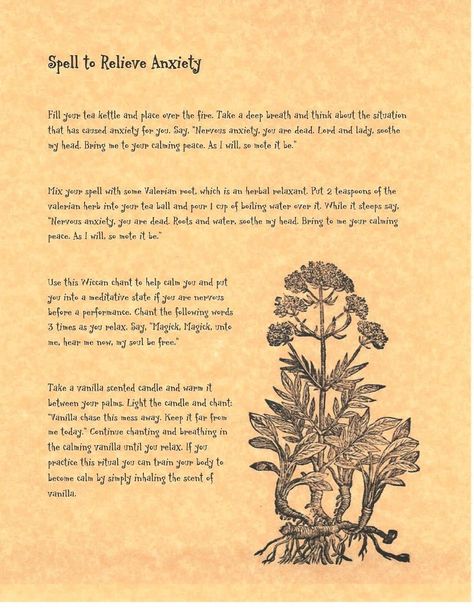 Constant feeling of anxiety, unable to concentrate on the usual daily activities. But the patient cannot understand what exactly worries him so much.
Constant feeling of anxiety, unable to concentrate on the usual daily activities. But the patient cannot understand what exactly worries him so much. -
Post-traumatic stress disorder is a severe degree of anxiety that occurs after a certain traumatic situation (war, earthquake, etc.). A person is almost always anxious, it constantly seems to him that the stressful event will happen again.
-
Panic Disorder - Constant panic attacks for no specific reason. The physical condition worsens, it is impossible to "pull yourself together." Also sometimes there is a fear of a panic attack.
How to deal with anxiety and fear on your own
It is not always possible to immediately turn to a professional for advice or medication. Try to deal with anxiety on your own.
Practice breathing exercises. Even the simplest variations help well: sit in complete silence and try to relax as much as possible. Take a deep breath and exhale very slowly. Repeat 10 times.
Repeat 10 times.
Play soothing music. It can be anything: classical or modern, instrumental or vocal. For some, sounds designed specifically for meditation are soothing, for others, birdsong, the rustle of leaves, or the sound of rain will be a good option. The main thing is that the music puts you in a state of rest and relieves an anxiety attack. Experiment - you will surely find a suitable option for yourself.
Think of positive things. This method works with both rational and irrational feelings of anxiety. Replay in memory the moments of your success, pride in your own work, or other moments where you experienced pleasant emotions. This will help alleviate anxiety and make you feel better.
De-emphasize the cause for alarm. Reassure yourself that there is no cause for concern. For example, if you are going to speak in public, help yourself understand that the event is ordinary: millions of people perform in front of the public every day.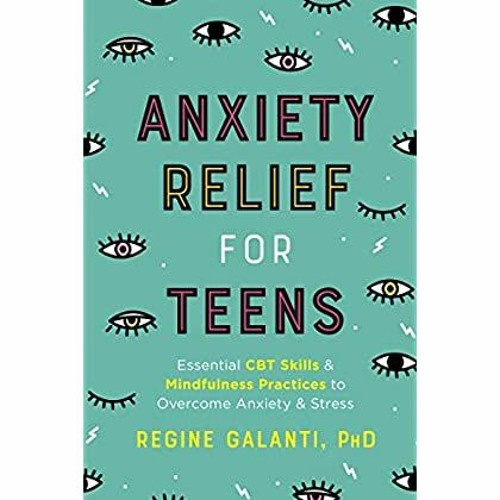 Each of them at least once made a mistake, lost his way, forgot the words - this is a common situation, not a disaster at all. Such an attitude to the upcoming event will help to realize that fears are groundless.
Each of them at least once made a mistake, lost his way, forgot the words - this is a common situation, not a disaster at all. Such an attitude to the upcoming event will help to realize that fears are groundless.
Lead a normal life. Force yourself to get out of bed and do your usual things: go shopping, walk the dog. Get rid of the habit of always predicting and thinking about the bad. Try to accept the fact that you can't have absolutely everything under control. Find your source of calm - meeting with friends or family, playing sports, reading or needlework.
Another way is to get your hands on the switch. Polish the mirror, wipe the window sills or clean the floor with Glorixc Disinfectant Cleaner with a pleasant neutral scent. The house will smell fresh, and you will calm down a little.
These tips will help you temporarily take your mind off your anxiety. However, it is important to reconsider your lifestyle and attitude to specific situations. Protect yourself from negativity as much as possible, exclude unpleasant people from your inner circle and adjust your regimen.
Protect yourself from negativity as much as possible, exclude unpleasant people from your inner circle and adjust your regimen.
Common Mistakes
In an attempt to get rid of anxiety, many people take actions that seem right at first glance, but actually lead to aggravation of the problem.
Attempts to avoid circumstances that provoke anxiety - triggers. This is the most serious mistake that can be made in this situation. For example, if you are afraid to ride the subway and choose another mode of transport because of this, trams and trains will soon become a cause for alarm - this is how the brain will try to protect you from everything that looks like a source of danger. It's the same with the fear of public speaking. If at first only large halls will cause alarm, then very soon even a simple presentation with a report to the management at work can become a problem. Do not avoid triggers - on the contrary, go to the area where you are uncomfortable. Then the size of the "dangerous territory" will not increase, but, on the contrary, decrease.
Then the size of the "dangerous territory" will not increase, but, on the contrary, decrease.
Constant "playback" of a disturbing situation. In an attempt to convince themselves that there is no cause for concern, many begin to analyze and visualize the disturbing situation, going through different scenarios in their heads and gradually moving on to the worst. So you will only aggravate your condition: new ones will be added to the original cause for alarm. At the same time, the analysis of events in itself does not carry anything bad and helps to make sure that the situation is ordinary and not worth worrying about. The most important thing is not to get carried away and not go in the direction of the negative.
How to know when to see a specialist
Trying to deal with anxiety on your own is the right decision, but there are situations when you should not delay a visit to the doctor. An easy way to know when it's time to see a professional is to ask yourself how much anxiety is interfering with your daily life.

